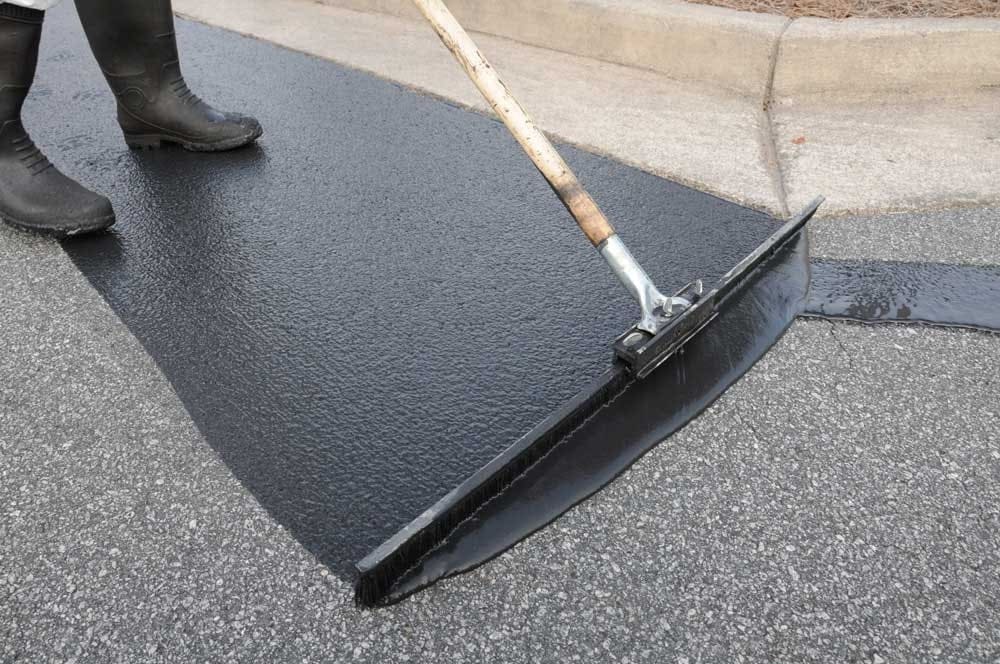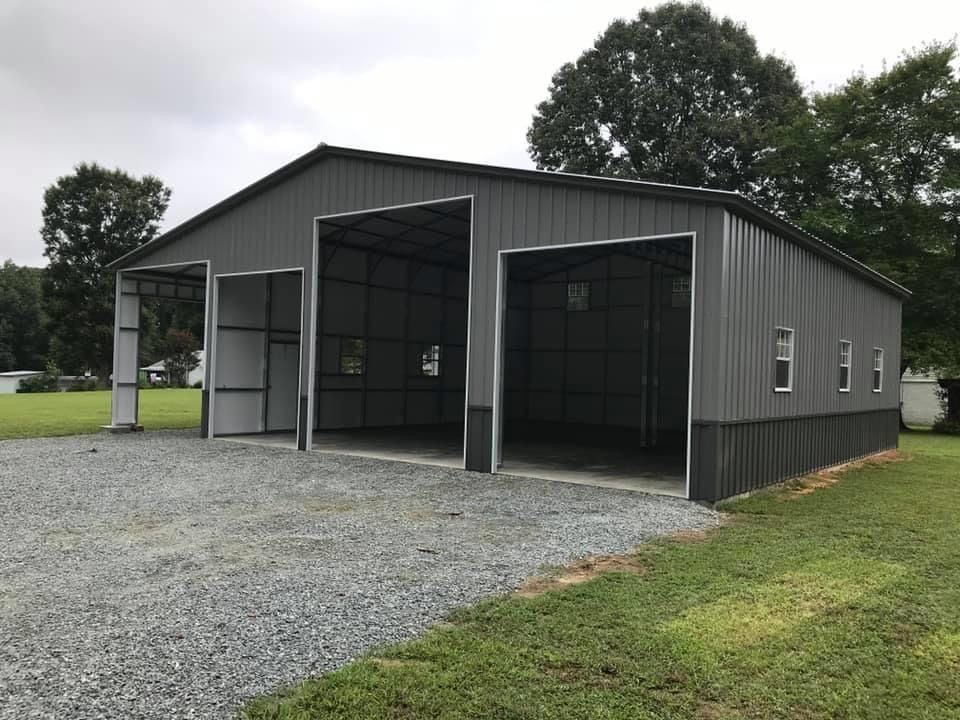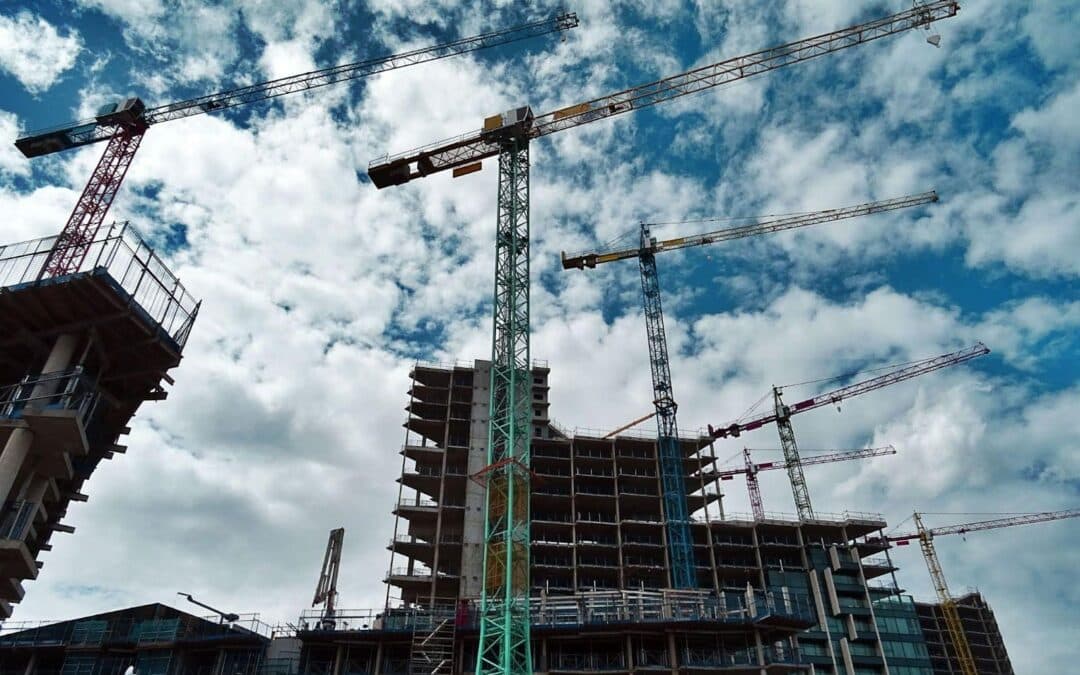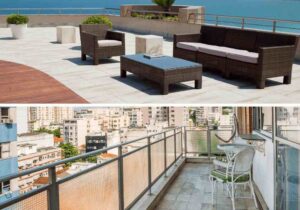Gypcrete vs Lightweight Concrete Unraveling the Differences
Introduction:
Embarking on a construction project involves crucial decisions, and choosing the right building material is paramount. In this detailed guide, we explore the differences between gypcrete and lightweight concrete, shedding light on their unique features, applications, and suitability for various projects. Gypcrete vs Lightweight Concrete
Understanding Gypcrete
Gypcrete, a gypsum-based material, has gained popularity for its exceptional thermal properties and ease of installation. This section delves into the composition of gypcrete, its insulation capabilities, and where it excels in construction projects.
Gypcrete Applications
Unveiling the versatility of gypcrete, this segment explores its applications across residential and commercial construction. From subfloors to radiant heating systems, discover where gypcrete shines in the realm of construction.
Pros and Cons of Gypcrete
Every construction material comes with its own set of advantages and limitations. Explore the benefits of gypcrete, such as its lightweight nature and sound absorption properties, alongside considerations like its susceptibility to moisture.
Lightweight Concrete: A Closer Look
Transitioning to the counterpart, this section provides insights into lightweight concrete. Understand its composition, density, and how it differs from traditional concrete and gypcrete.
Where Does Lightweight Concrete Excel?
Dive into the applications of lightweight concrete, emphasizing scenarios where its unique characteristics make it a preferred choice. From high-rise buildings to infrastructure projects, discover where lightweight concrete truly shines.
Pros and Cons of Lightweight Concrete
Evaluate the pros and cons of lightweight concrete to make informed decisions. Delve into aspects like its reduced structural load benefits and potential challenges, providing a balanced view for anyone considering this material.
Gypcrete vs Lightweight Concrete: Head-to-Head
In this crucial section, the article pits gypcrete against lightweight concrete in a direct comparison. Explore factors such as cost-effectiveness, durability, and environmental impact to determine which material aligns with your project requirements.
Real-world Experiences: Gypcrete Success Stories
Bringing a human touch, this segment shares real-world experiences of successful gypcrete applications. Learn from those who have chosen gypcrete and witness the positive outcomes in various construction projects.
FAQs about Gypcrete vs Lightweight Concrete
Is gypcrete more expensive than lightweight concrete?
Discover the cost dynamics between gypcrete and lightweight concrete, helping you make an informed decision without breaking the bank.
Can gypcrete be used in outdoor applications?
Explore the suitability of gypcrete for outdoor projects, considering factors like weather resistance and longevity.
What makes lightweight concrete eco-friendly?
Uncover the environmental benefits of lightweight concrete, contributing to sustainable construction practices.
Are there any weight limitations for gypcrete flooring?
Addressing concerns about weight capacity, this question provides insights into the load-bearing capabilities of gypcrete floors.
Which material is more resistant to moisture?
Understanding the moisture resistance of both materials aids in choosing the right one for areas prone to dampness.
Can lightweight concrete be customized for specific projects?
Explore the flexibility of lightweight concrete, understanding its adaptability to diverse construction requirements.
Conclusion
Summing up the exploration of gypcrete vs lightweight concrete, this section provides a concise recap of the key differences. Empowered with this knowledge, make an informed choice for your next construction venture.














